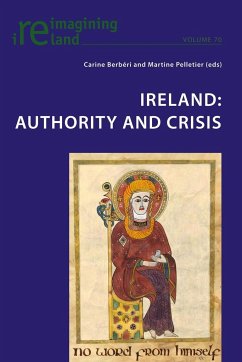
The French Revolution and the British Novel in the Romantic Period

PAYBACK Punkte
0 °P sammeln!
This book is a major reassessment of the French Revolution's impact on the English novel of the Romantic period. Focusing particularly - but by no means exclusively - on women writers of the time, it explores the enthusiasm, wariness, or hostility with which the Revolution was interpreted and represented for then-contemporary readers. A team of international scholars study how English Romantic novelists sought to guide the British response to an event that seemed likely to turn the world upside down.














